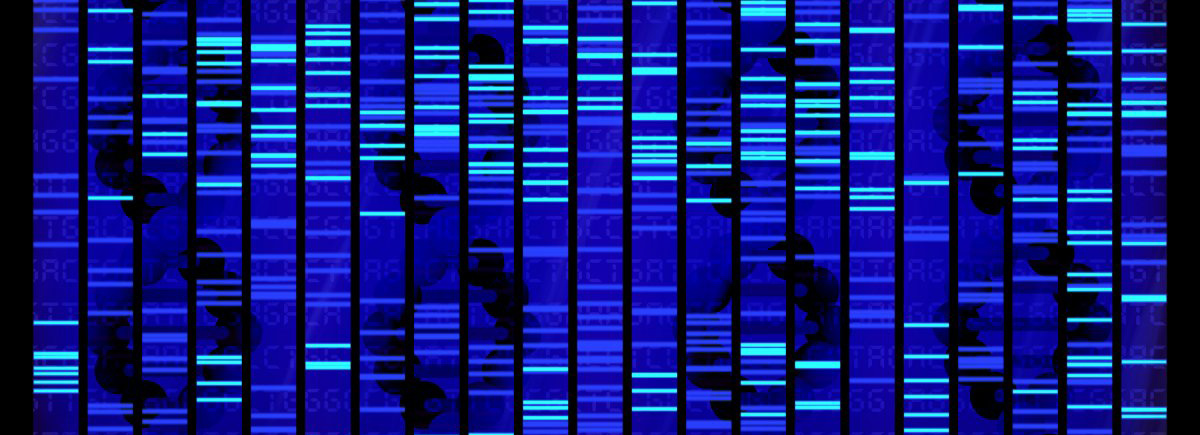Genetic sequencing could help diagnose PTSD
From Defence Research and Development Canada
January 23, 2017
Defence research scientists are developing a study on how post-traumatic stress disorder (PTSD) may be linked to certain genes which may help with diagnosis and treatment.
Every person has a particular set of genes that act like recipes for a variety of traits. Some human genes are different depending on the person. These are the genes that make us unique, determining everything from eye colour to height to brain chemistry. While genomics — the study of genes and what they do
It isn’t a particularly new field, it is still relatively unexplored, and the data is evolving as scientists come up with new ways of looking at the genome. Dr. Cathy Boscarino at Defence Research and Development Canada’s Toronto Research Centre led a study aimed to associate a specific gene or group of genes with symptoms of PTSD. The goal was to map out whether it was possible to see or track the development of symptoms of PTSD in the genome.
“Our goal was to redefine the development of PTSD from descriptive-based signs and symptoms to a platform based on the underlying molecular causes,” said Dr. Boscarino. “The preliminary results, albeit additional studies and further refinement of the results are necessary, provide a proof-of-principle for the diagnostic utility of blood-based gene expression profiles for tracking the development of PTSD in soldiers returning from tour.”
The study tracked CAF members for one year following a tour in Afghanistan, including both those who had exposure to combat and those who had not. Soldiers who consented to participate completed questionnaires and provided blood samples approximately every four months. The questionnaires were designed to assess the incidence of PTSD symptoms. Blood was tested using a method of next-generation genetic sequencing called RNA sequencing to identify and record significant genes related to what was found on the questionnaires. Through these tests, a handful of genes were found in those expressing symptoms of PTSD, however, further validation is required.
While this is certainly a breakthrough discovery, this is only the first of many studies to be refined before these results can be considered entirely valid or actionable. Nevertheless, these results have incredible implications for the future of PTSD diagnostics and treatment. This could give scientists information to track PTSD and intervene early to provide crucial support and therapy.
Cathy Boscarino
Cathy Boscarino worked on her PhD at the Hospital for Sick Children with the Institute of Medical Sciences at the University of Toronto. Immediately after, she began working for DRDC. She feels extremely blessed to have made significant contributions to the health and well-being of infants and now the Canadian Armed Forces. In her spare time she enjoys weight training and reading.

